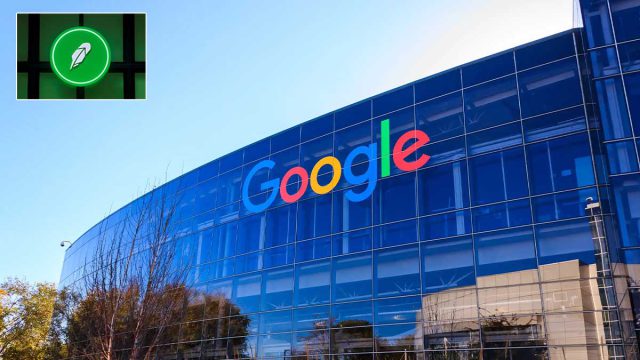Alphabet Inc. (NASDAQ: GOOGL), the parent company of Google, announced today that it has significantly reduced its stake in Robinhood Markets Inc. (NASDAQ: HOOD) by almost 90%. This move comes as part of Alphabet’s strategy to realign its investment portfolio and reduce exposure to the trading app operator amidst challenges faced by the company in its core business operations.
Alphabet initially invested in Robinhood when the startup was still privately held. The company held over 4.9 million shares in Robinhood as of the conclusion of 2021. The value of this stake reached nearly $419 million when Robinhood’s shares reached their peak price of $85 in August 2021, shortly after the company’s initial public offering.
Following this stake reduction, Alphabet now possesses 612,214 shares in Robinhood, with an estimated value of approximately $7 million based on calculations by Reuters.
Over the recent period, Robinhood’s shares have experienced an 86% decline from their all-time high levels. The company, known for its commission-free trades and user-friendly interface, gained prominence as a popular financial technology app during the pandemic. It played a significant role in the meme stock phenomenon in early 2021, driven by retail traders on social media.
However, Robinhood faced challenges with the Federal Reserve’s tightening cycle, impacting its shares and denting its business, particularly in relation to high-growth technology stocks. Despite recently reporting its first quarterly profit as a public company, Robinhood witnessed a decrease in monthly active users, reflecting caution among retail traders.
In its efforts to counter the challenges in its trading business, Robinhood has been exploring avenues to diversify its revenue streams. The company recently made a strategic move by acquiring financial technology and credit card firm X1 in June.
Alphabet’s decision to reduce its stake in Robinhood underscores the evolving landscape of the financial technology sector and the need for companies to adapt to changing market dynamics.
Read more from the section: Perspective





















